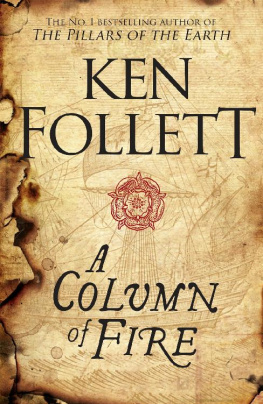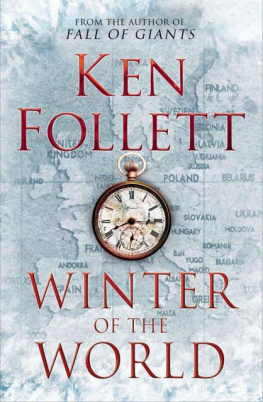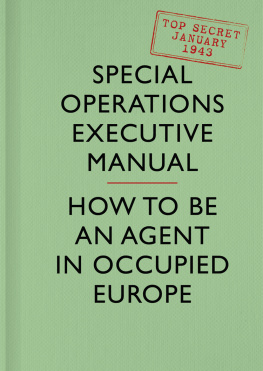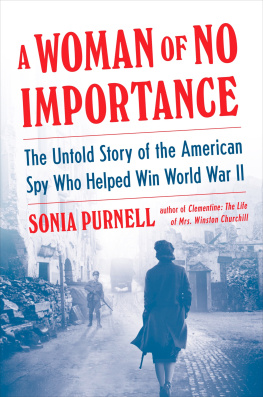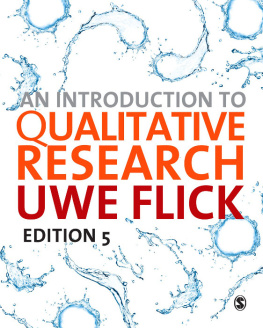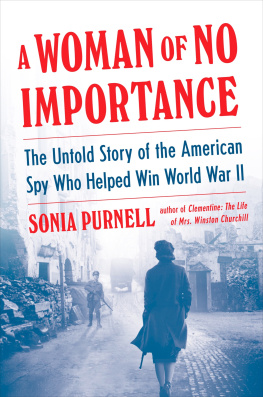Ken Follett
Jackdaws
About the Author
Ken Follett, author of seveninternational best sellers, lives in Chelsea, London, in a two-hundred-year-oldhouse overlooking the river Thames with his wife, Barbara, and a varyingassortment of their children by previous marriages. His main interest apartfrom literature is music, and he occasionally plays bass guitar in a blues band.
More about Ken Follett under:
www.ken-follett.com
www.facebook.com/KenFollettAuthor
Follow on Twitter @KMFollett

Also by Ken Follett
Eye of the Needle (1978)
Triple (1979)
The Key to Rebecca (1980)
The Man from St. Petersburg (1982)
On Wings of Eagles (1983)
Lie Down with Lions (1986)
The Pillars of the Earth (1989)
Night Over Water (1991)
A Dangerous Fortune (1993)
A Place Called Freedom (1995)
The Third Twin (1996)
The Hammer of Eden (1998)
Code to Zero (2000)
Jackdaws (2001)
Hornet Flight (2002)
Whiteout (2004)
World Without End (2007)
Fall of Giants (2010)
Winter of the Worlds (coming 2012)
Exactly fifty women were sent into France as secret agentsby the Special Operations Executive during the Second World War.
Of those, thirty-six survived the war. The other fourteen gave their lives.
This book is dedicated to all of them.
THE FIRST DAY
Sunday, May 28, 1944
CHAPTER
ONE
ONE MINUTE BEFORE the explosion, thesquare at Sainte-Ccile was at peace. The evening was warm, and a layer ofstill air covered the town like a blanket. The church bell tolled a lazy beat,calling worshipers to the service with little enthusiasm. To Felicity Clairetit sounded like a countdown.
The square was dominated by theseventeenth-century chteau. A small version of Versailles, it had a grandprojecting front entrance, and wings on both sides that turned right angles andtailed off rearwards. There was a basement and two main floors topped by a tallroof with arched dormer windows.
Felicity, who was always calledFlick, loved France. She enjoyed its graceful buildings, its mild weather, itsleisurely lunches, its cultured people. She liked French paintings, Frenchliterature, and stylish French clothes. Visitors often found the French peopleunfriendly, but Flick had been speaking the language since she was six yearsold, and no one could tell she was a foreigner.
It angered her that the France sheloved no longer existed. There was not enough food for leisurely lunches, thepaintings had all been stolen by the Nazis, and only the whores had pretty clothes.Like most women, Flick was wearing a shapeless dress whose colors had long agobeen washed to dullness. Her heart's desire was that the real France would comeback. It might return soon, if she and people like her did what they weresupposed to.
She might not live to see itindeed,she might not survive the next few minutes. She was no fatalist; she wanted tolive. There were a hundred things she planned to do after the war: finish herdoctorate, have a baby, see New York, own a sports car, drink champagne on thebeach at Cannes. But if she was about to die, she was glad to be spending herlast few moments in a sunlit square, looking at a beautiful old house, with thelilting sounds of the French language soft in her ears.
The chteau had been built as a homefor the local aristocracy, but the last Comte de Sainte-Ccile had lost hishead on the guillotine in 1793. The ornamental gardens had long ago been turnedinto vineyards, for this was wine country, the heart of the Champagne district.The building now housed an important telephone exchange, sited here because thegovernment minister responsible had been born in Sainte-Ccile.
When the Germans came they enlargedthe exchange to provide connections between the French system and the new cableroute to Germany. They also sited a Gestapo regional headquarters in thebuilding, with offices on the upper floors and cells in the basement.
Four weeks ago the chteau had beenbombed by the Allies. Such precision bombing was new. The heavy four-enginedLancasters and Flying Fortresses that roared high over Europe every night wereinaccuratethey sometimes missed an entire citybut the latest generation offighter-bombers, the Lightnings and Thunderbolts, could sneak in by day and hita small target, a bridge or a railway station. Much of the west wing of thechteau was now a heap of irregular seventeenth-century red bricks and squarewhite stones.
But the air raid had failed. Repairswere made quickly, and the phone service had been disrupted only as long as ittook the Germans to install replacement switchboards. All the automatictelephone equipment and the vital amplifiers for the long-distance lines werein the basement which had escaped serious damage.
That was why Flick was here.
The chteau was on the north side ofthe square, surrounded by a high wall of stone pillars and iron railings,guarded by uniformed sentries. To the east was a small medieval church, itsancient wooden doors wide open to the summer air and the arriving congregation.Opposite the church, on the west side of the square, was the town hall, run byan ultraconservative mayor who had few disagreements with the occupying Nazirulers. The south side was a row of shops and a bar called Caf des Sports.Flick sat outside the bar, waiting for the church bell to stop. On the table infront of her was a glass of the local white wine, thin and light. She had notdrunk any.
She was a British officer with therank of major. Officially, she belonged to the First Aid Nursing Yeomanry, theall-female service that was inevitably called the FANYs. But that was a coverstory. In fact, she worked for a secret organization, the Special OperationsExecutive, responsible for sabotage behind enemy lines. At twenty-eight, she wasone of the most senior agents. 'This was not the first time she had feltherself close to death. She had learned to live with the threat, and manage herfear, but all the same she felt the touch of a cold hand on her heart when shelooked at the steel helmets and powerful rifles of the chteau guards.
Three years ago, her greatestambition had been to become a professor of French literature in a Britishuniversity, teaching students to enjoy the vigor of Hugo, the wit of Flaubert,the passion of Zola. She had been working in the War Office, translating Frenchdocuments, when she had been summoned to a mysterious interview in a hotel roomand asked if she was willing to do something dangerous.
She had said yes without thinkingmuch. There was a war on, and all the boys she had been at Oxford with wererisking their lives every day, so why shouldn't she do the same? Two days afterChristmas 1941 she had started her SOE training.
Six months later she was a courier,carrying messages from SOE headquarters, at 64 Baker Street in London, toResistance groups in occupied France, in the days when wireless sets werescarce and trained operators even fewer. She would parachute in, move aroundwith her false identity papers, contact the Resistance, give them their orders,and note their replies, complaints, and requests for guns and ammunition. Forthe return journey she would rendezvous with a pickup plane, usually athree-seater Westland Lysander, small enough to land on six hundred yards ofgrass.
From courier work she had graduatedto organizing sabotage. Most SOE agents were officers, the theory being thattheir "men" were the local Resistance. In practice, the Resistancewere not under military discipline, and an agent had to win their cooperation bybeing tough, knowledgeable, and authoritative.




